Do you know how salt melts snow?
Grit is often sprayed on roads to stop cars from skidding on very cold days. What we call grit is a mixture of salt, gravel and stone.
When snow falls on a road with grit applied, it mixes with the salt, lowering the snow's freezing point and stopping ice from forming.
Water with salt freezes about 5 degrees lower than water without salt.
To be most effective, grit must be dropped onto surfaces before they freeze.
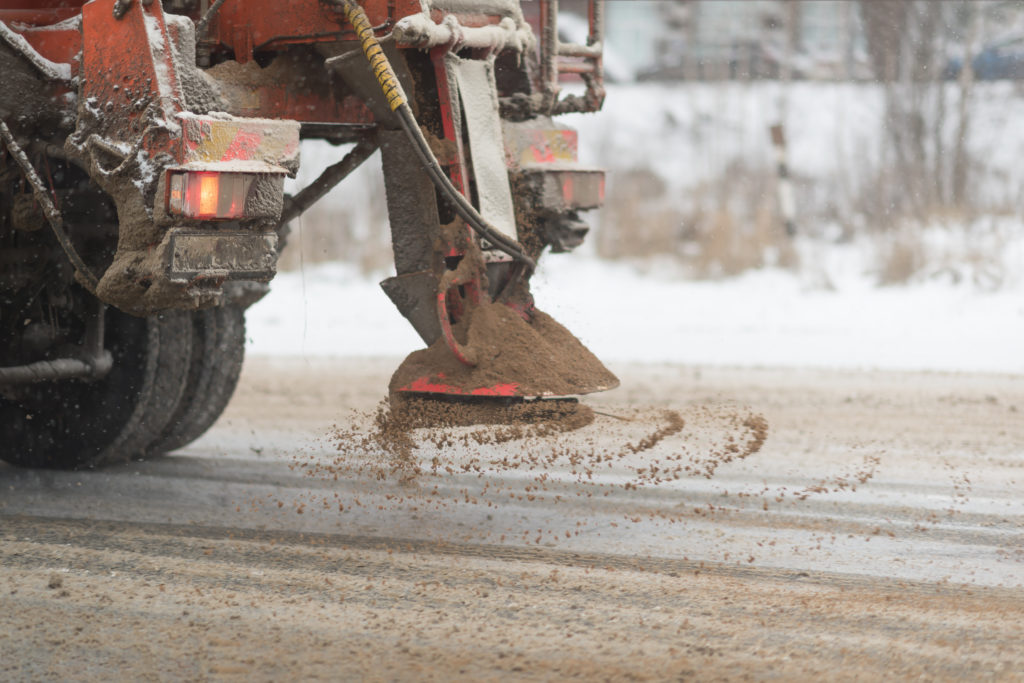
How does salt melt snow - Investigation Ideas
Freeze a solution of salt and water
Try freezing water with salt added and plain water in an ice cube tray. The salty water won't freeze.
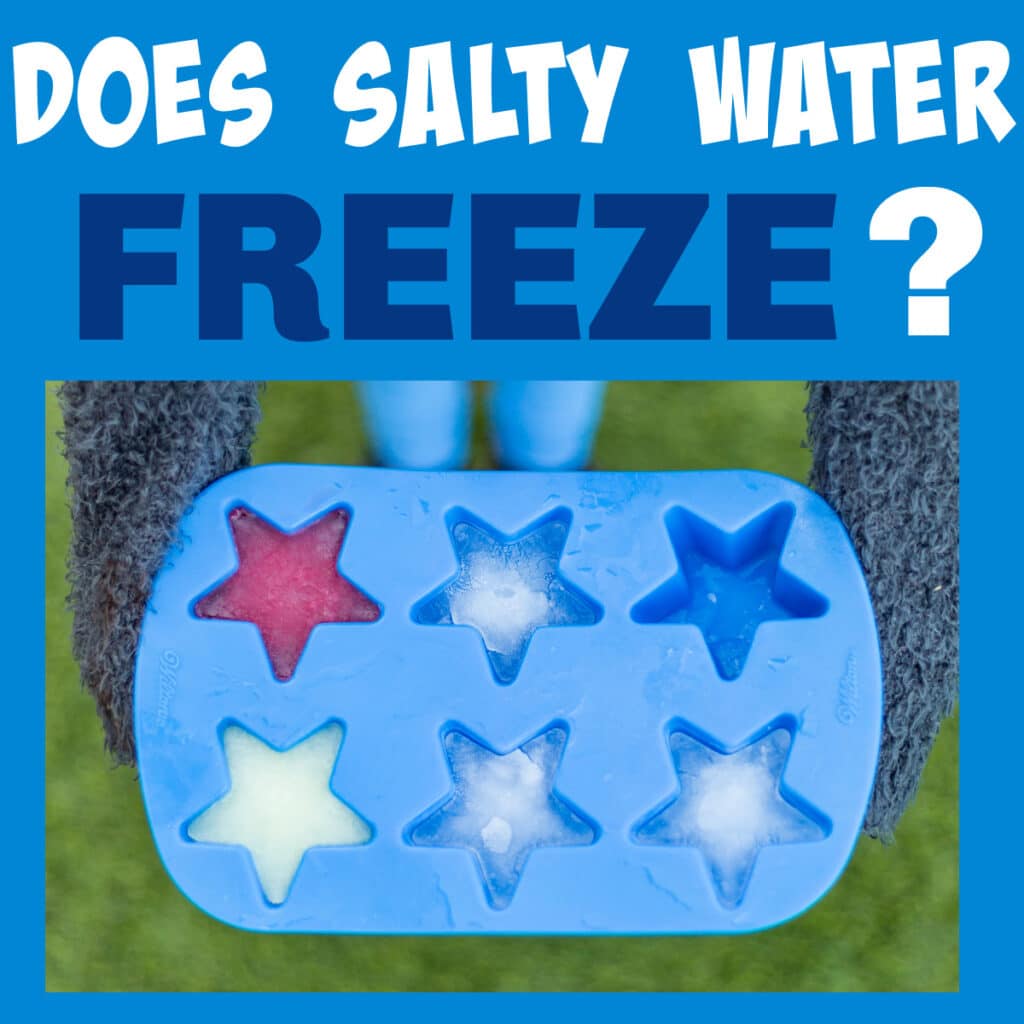
Try sprinkling a little salt on the plain water ice cubes. Watch what happens.
Make an icy road
Freeze two sheets of ice. Sprinkle salt and sand on one and leave the other. Watch what happens to the two surfaces.
Try rolling a toy car over both surfaces. The surface without salt should be much slippier than the one with salt.
Melt an ice sculpture
The Artful Parent has a beautiful ice sculpture you can melt with salt, too!
Now you know how salt melts snow!
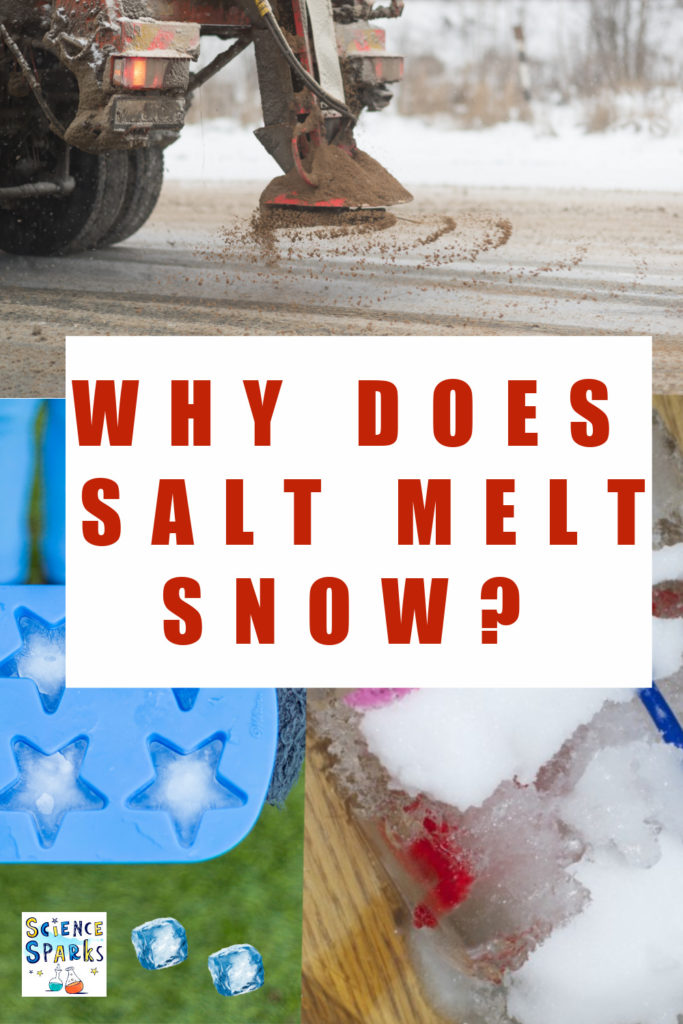
Last Updated on January 22, 2024 by Emma Vanstone
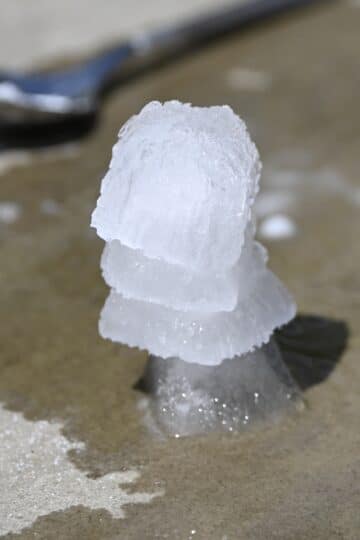
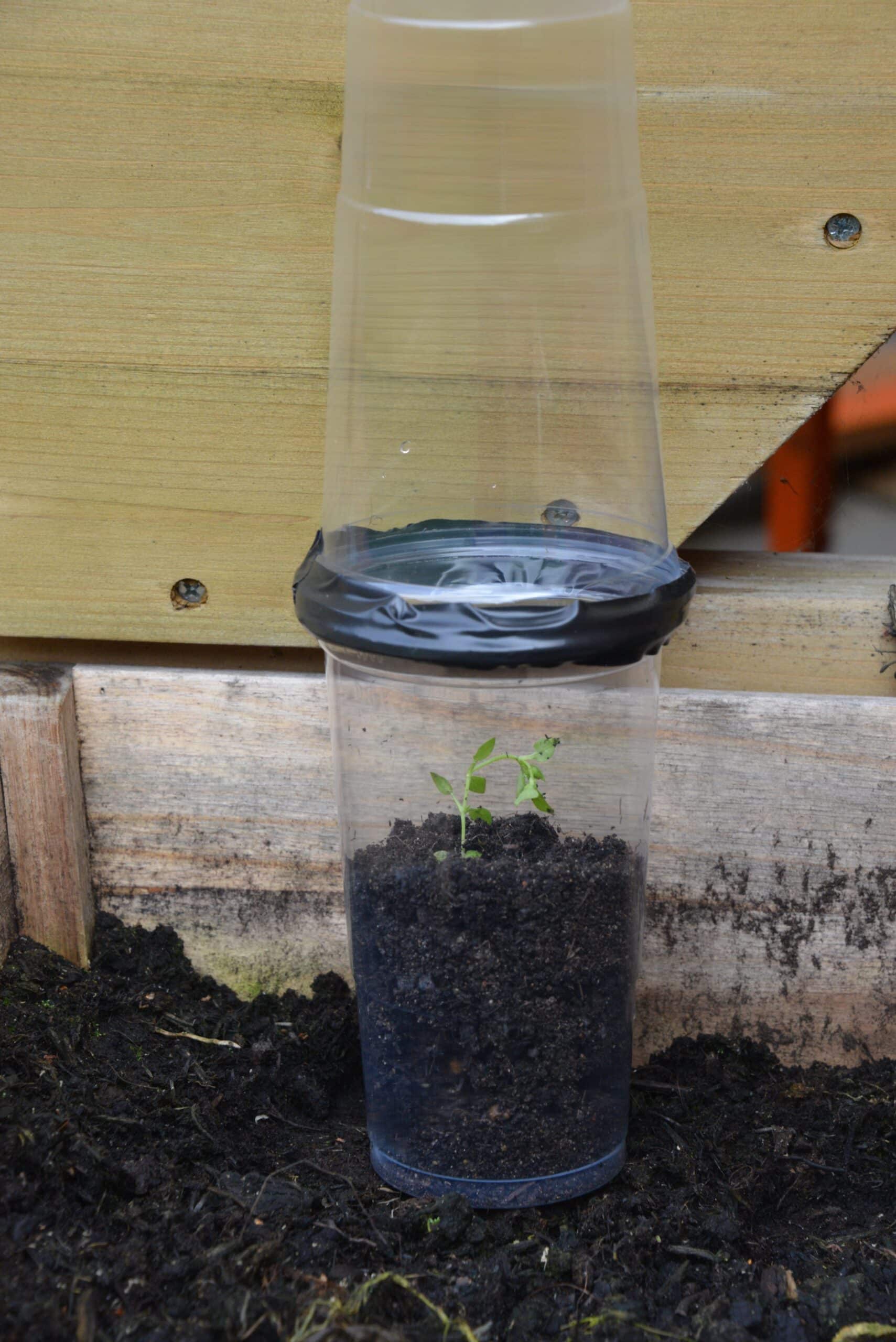
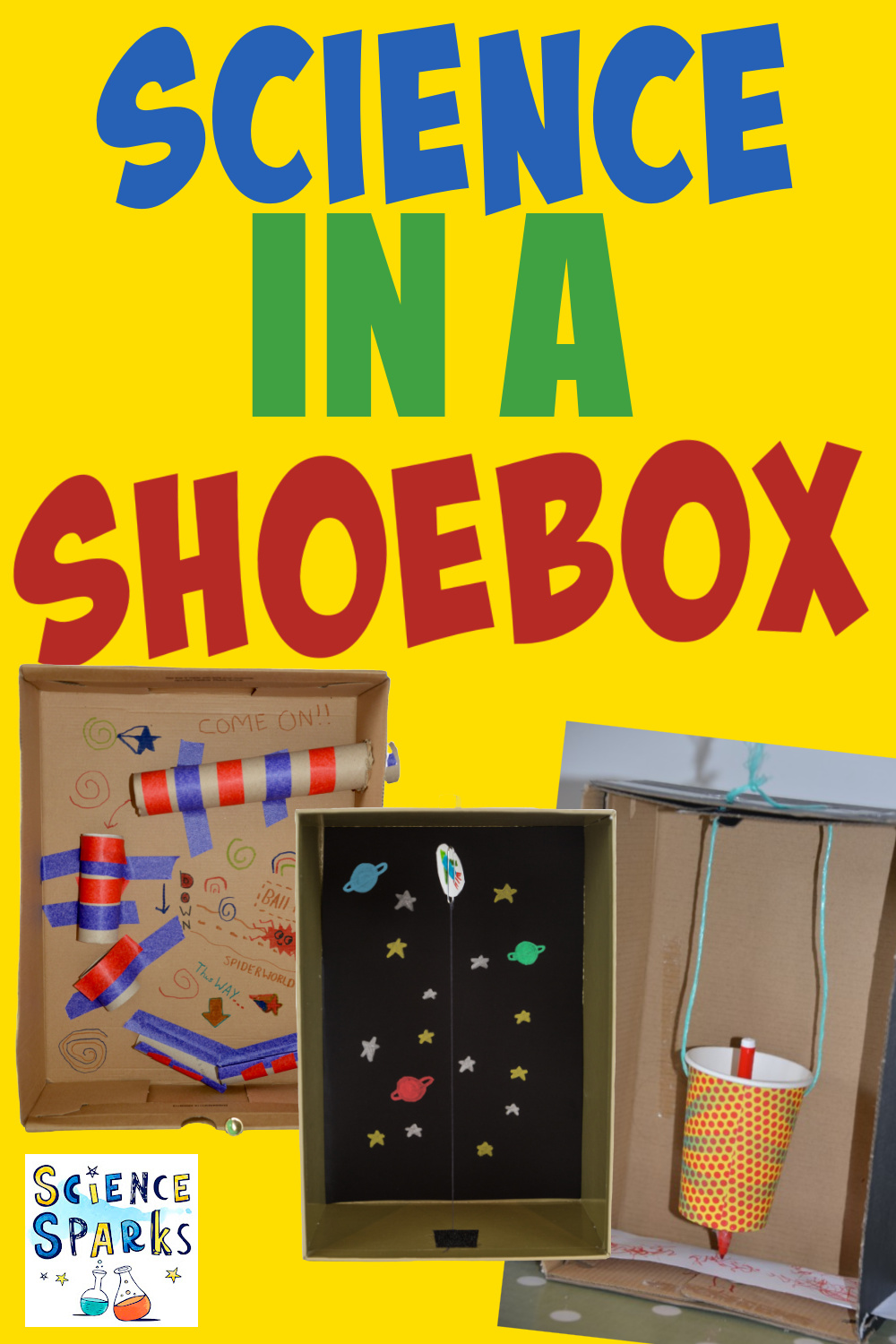
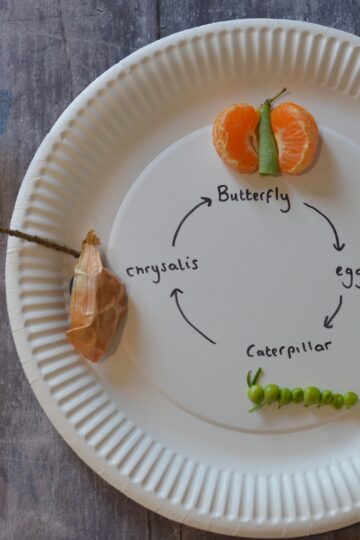
Leave a Reply